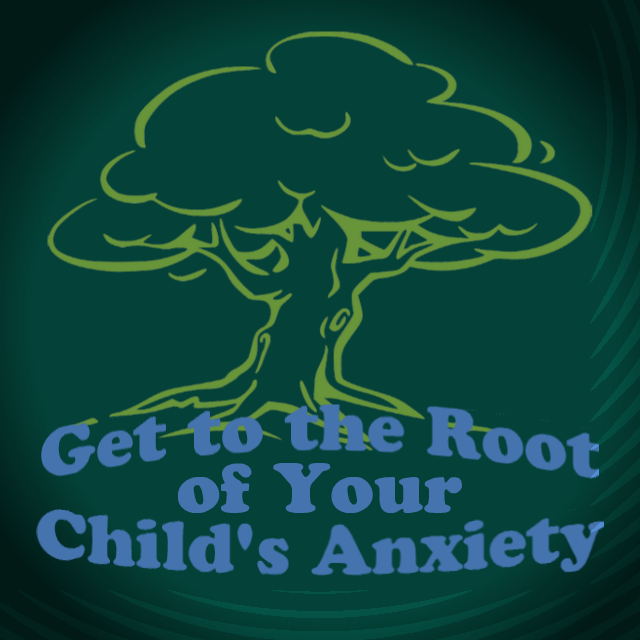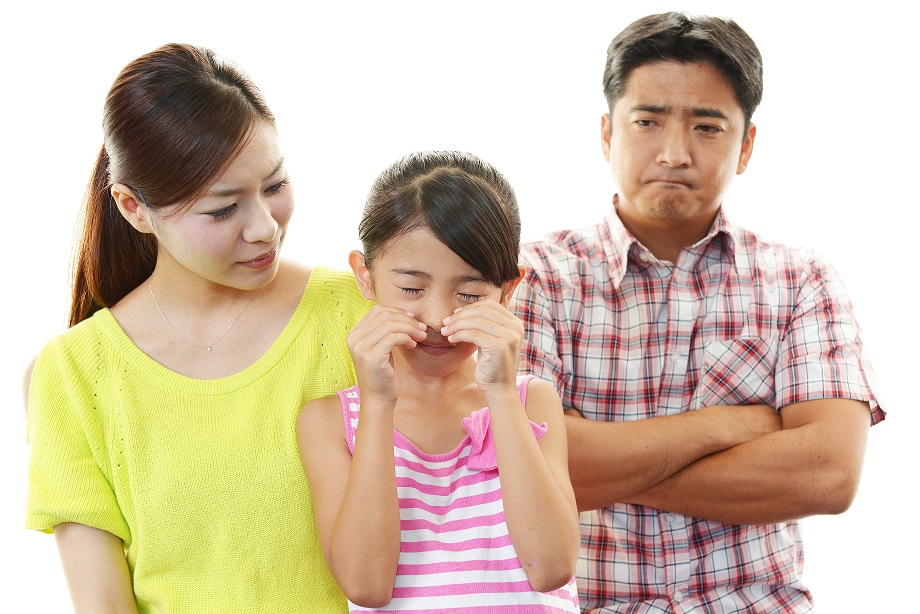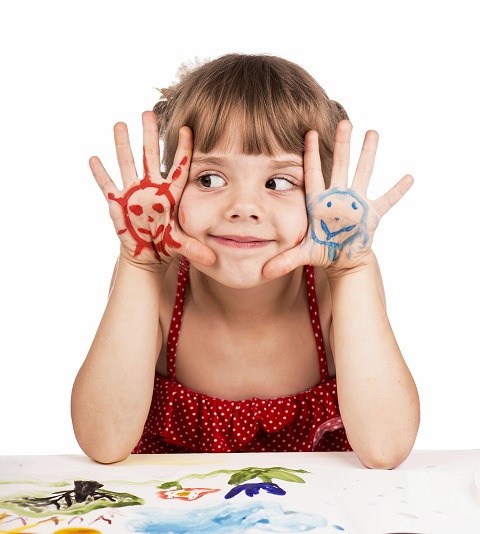
Get to the Root of Your Child’s Anxiety
By Elizabeth Nimmo, MA, LPC
 It is a common occurrence for most children to experience some level of fear or anxiety at one point or another during their childhood. Often, we characterize these as typical age-and-stage appropriate fears, such as a belief that monsters are under the bed or the requirement of a nightlight to fall asleep. On average, most children outgrow such fears, and they simply become a platform for parents to convey love and care while children are developing necessary emotional and cognitive skills. However, some children’s fears grow from typical age-appropriate concerns into larger issues that are rooted in irrational beliefs. Such beliefs and fears often create emotional anxiety, which results in behavioral and emotional reactions.
It is a common occurrence for most children to experience some level of fear or anxiety at one point or another during their childhood. Often, we characterize these as typical age-and-stage appropriate fears, such as a belief that monsters are under the bed or the requirement of a nightlight to fall asleep. On average, most children outgrow such fears, and they simply become a platform for parents to convey love and care while children are developing necessary emotional and cognitive skills. However, some children’s fears grow from typical age-appropriate concerns into larger issues that are rooted in irrational beliefs. Such beliefs and fears often create emotional anxiety, which results in behavioral and emotional reactions.
Parents, caregivers, and professionals who work with children may notice that a child reports new physical symptoms. Common physical symptoms of anxiety often include a stomach ache or stomach upset, tight or tense muscles, headaches, or difficulty breathing. Emotionally, children may report increased worry or excessive shyness. There may be clinging or crying, or even a refusal to separate. Some children will try to avoid certain situations or places. Although these symptoms are often confusing and problematic to adults, it is important to be rooted in care and grace when addressing them with your child. The parental instinct is often to shame or discipline because the child is seen as being uncooperative. However, when children are facing fear and anxiety, it is important to address it in a way that creates a safe atmosphere for discussing confusing and upsetting emotions.
Anxiety may have a variety of different roots, from brain chemistry to trauma to situational and environmental changes; however, the presence of overwhelming fear remains the same in each case. As a parent, do provide empathy and openness when discussing anxiety and fear; do not allow shame-based cultural norms to enter into the conversation. Allow children to safely explore their feelings without consequence; give them the gift of your time and non-judgment. Fear is a normal and necessary part of life; it is a critical point of learning. However, as parents and caregivers, it is our job to teach children not to rely too heavily on emotions when assessing situations for possible danger.
For many children, anxiety may be situational and can be overcome with focused therapeutic work. For others, longer-term solutions may be necessary. Regardless, children should not live in bondage to fear; they benefit from being given the opportunity to work with a counselor to address their anxieties. Counseling can be used as a powerful platform to devote specific time and energy to addressing their anxiety and helping them walk toward freedom.
 About the Author
About the Author
Elizabeth is a Licensed Professional Counselor working out of the South County location. She works with a variety of clientele, including children, adolescents, adults, couples, and families. Her passion is to help people of all ages create meaningful lives based upon freedom and authenticity. Click on the picture to the left for Elizabeth’s full bio.






One Comment
Faithe G
I am a counselor working with children in the mental and behavioral health field. As a Christian, I would very much like to incorporate Christian principles in my sessions with clients.
I look forward to receiving your newsletter and other information.
Thank you so much!
Faithe Giaquinto